Patient stories
Find out about the impact our work has on patients.
.jpg?sfvrsn=b5fb4ef6_1)
“Without immunotherapy, I wouldn’t be here now. I feel so lucky” – David’s melanoma story
David Bateson, 49, was first diagnosed with melanoma, a type of skin cancer, in December 2019. By August 2021, it had spread to his liver, lungs and spine. Thanks to immunotherapy treatment, David has gone from having aggressive cancer to having no evidence of disease in his body. He explains why he now has hope for the future and a new-found appreciation of life…
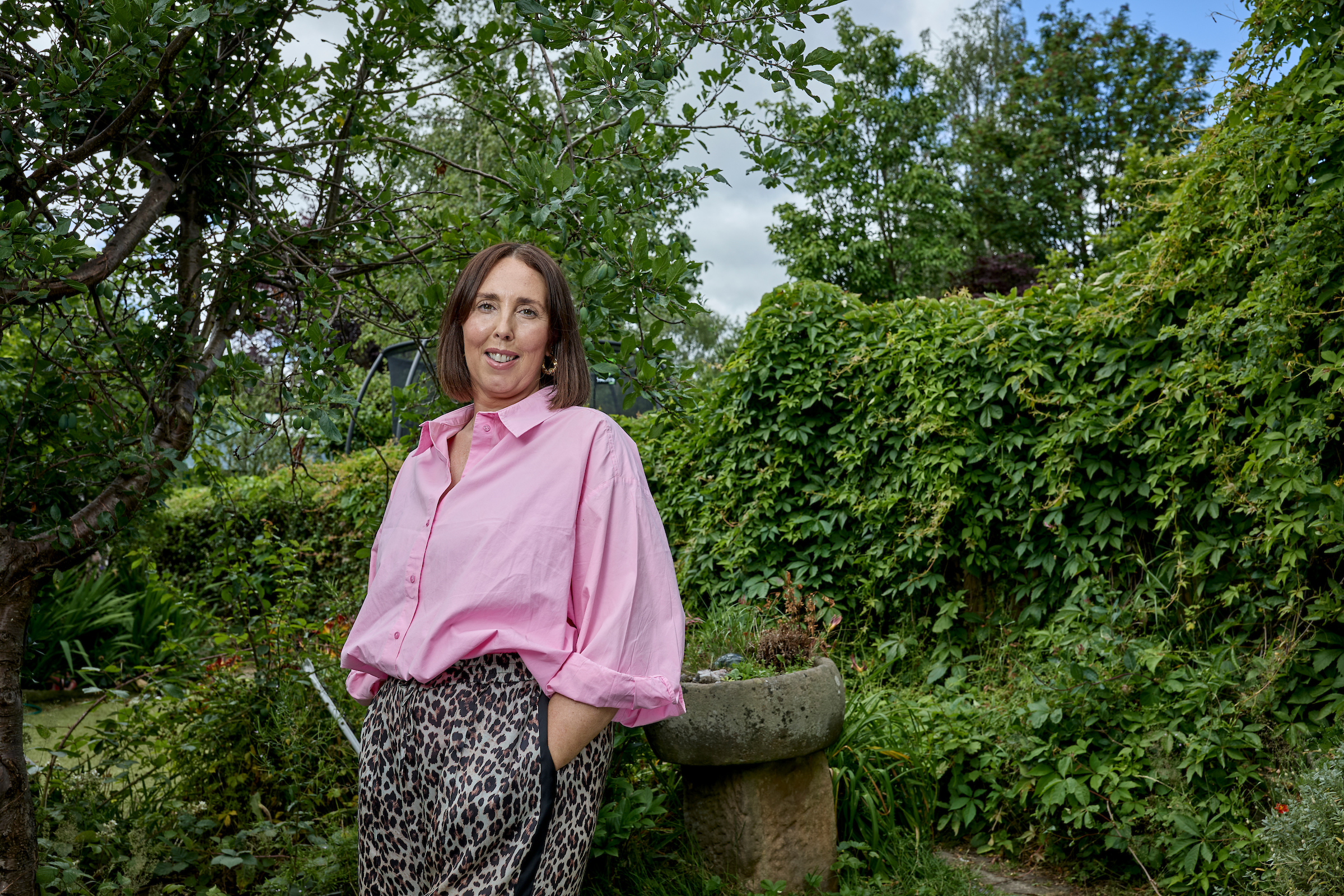
‘Every day is valuable’— Sally’s melanoma story
Sally Steadman-South, a mother of two from Sheffield, was diagnosed with melanoma in 2014 at the age of 34, after visiting the GP about a small mole on her chest.
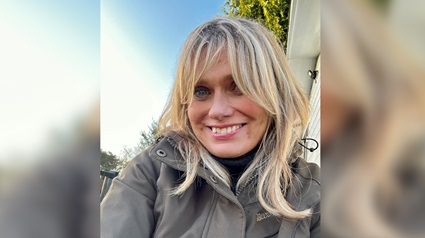
“New breast cancer drug capivasertib is allowing me to live life to the full” – Elen’s story
Elen Hughes was first diagnosed with primary invasive lobular breast cancer in 2008 at the age of 37. Eight years later, her cancer returned and spread, and she has been on a rollercoaster journey ever since, experiencing the highs of remission and the lows of numerous relapses. Since February 2025, she has been treated with the drug capivasertib, the discovery of which was underpinned by research at The Institute of Cancer Research. She is now doing well and feels hopeful for her future.
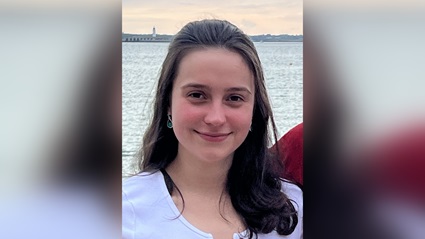
‘I am grateful for my treatment plan and the fact that it worked’ – Sophie’s blood cancer story
Sophie Norman had just turned 16 when she was diagnosed with the blood cancer acute lymphoblastic leukaemia (ALL) in the summer of 2021. Now aged 19 and cancer free, she is in her first year at Bath University, studying Biochemistry. She is looking forward to a career in medical research, inspired by the scientists she met at The Institute of Cancer Research (ICR) during a work experience placement in our Centre for Cancer Drug Discovery.
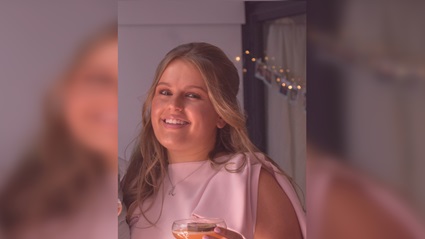
“I try to live my life the way that Ellie would be living hers” – Karen’s story
Karen Mawdsley’s daughter, Ellie, was diagnosed with DIPG (diffuse intrinsic pontine glioma), an aggressive brain tumour, in December 2021. She sadly passed away in July 2023, aged 23. Ellie was determined to improve the lives of young people with brain cancer and selflessly donated her brain tissue to The Institute of Cancer Research. Her parents, Karen and Ian, are continuing her legacy and have set up The Ellie Mawdsley Foundation to raise awareness and fund further vital research into brain tumours in Ellie’s memory.
.jpg?sfvrsn=e246413_1)
“Cancer research is beyond important, it gives people like me a sense of hope” – Markus’ leukaemia story
Markus was shocked when he was diagnosed with the blood cancer chronic lymphocytic leukaemia (CLL) in 2021. Determined to break down barriers and start conversations about cancer, Markus turned to art as a way of sharing his experiences.
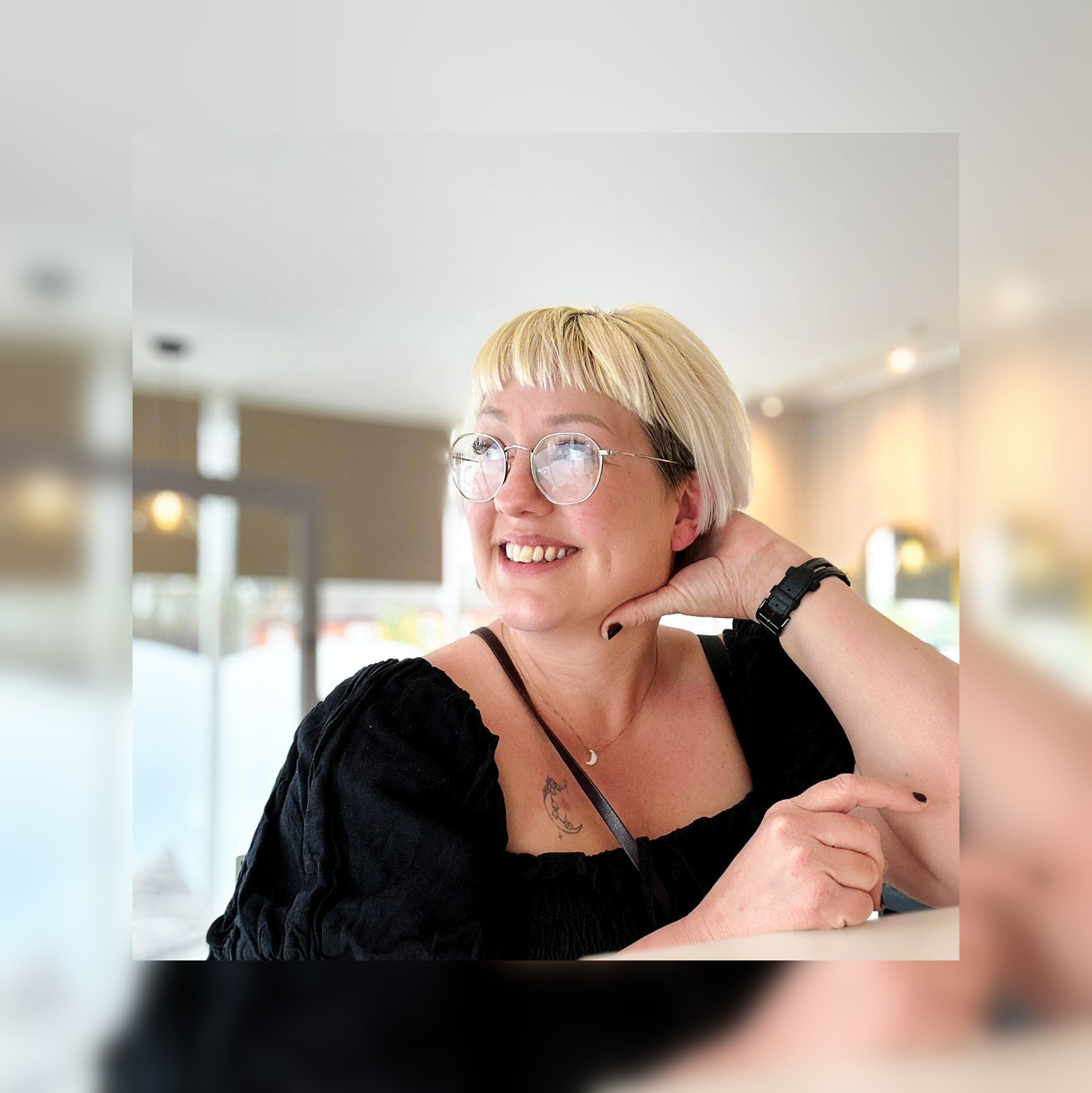
“I feel increasingly optimistic about the future” – Gemma’s myeloma story
When personal trainer Gemma Seager, 45, injured her back while lifting weights, she assumed it would improve with rest. But after 10 months of pain, she was diagnosed with myeloma, a type of blood cancer, in June 2021. Thanks to treatment, she currently has no evidence of disease in her body and recently completed the London Marathon.
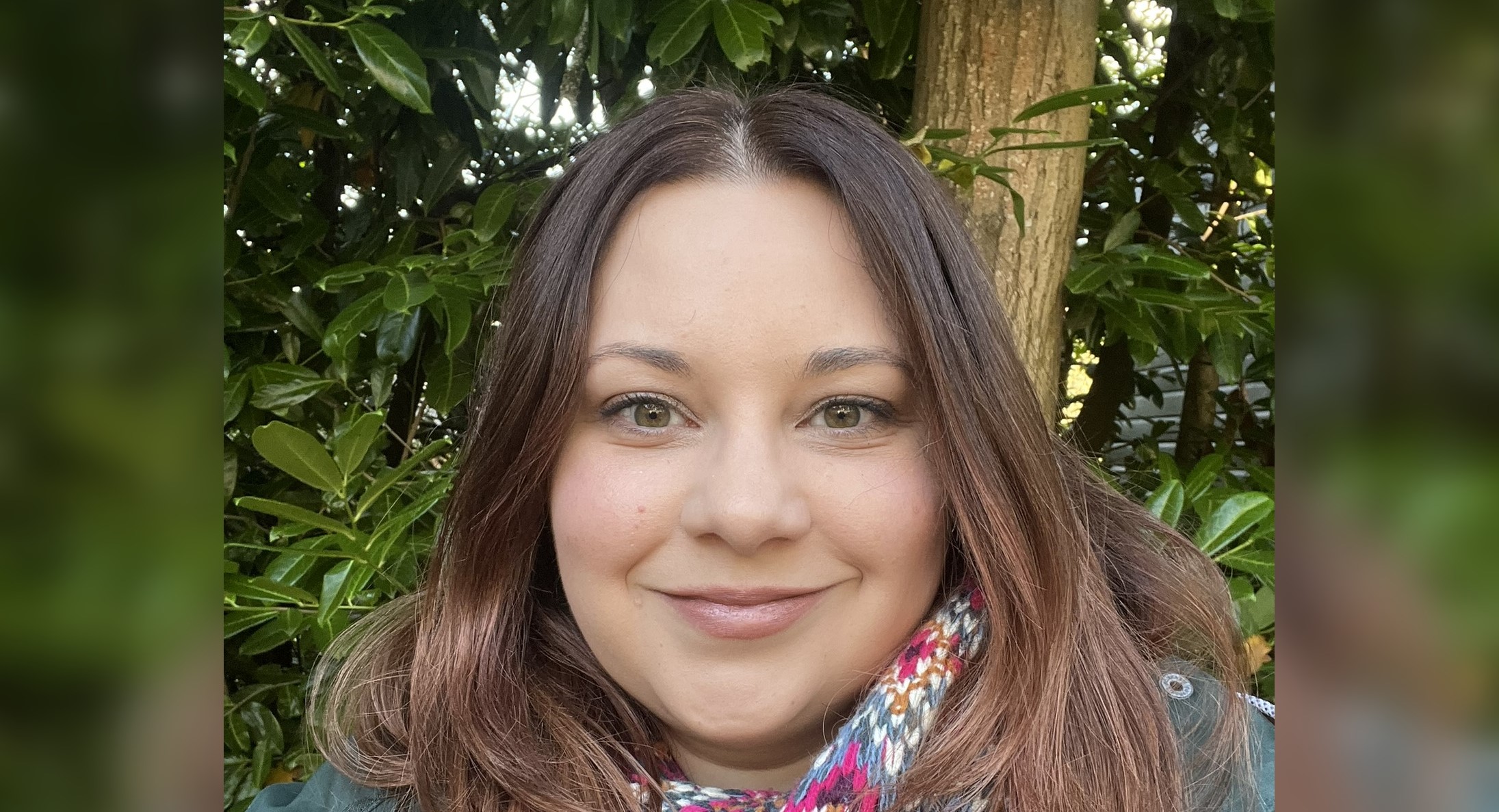
“I am fortunate to be five years in remission and can plan for the future again” – Claire’s blood cancer story
In April 2019, Claire Shepherd, now 34, began feeling unwell and constantly fatigued. Having initially put her symptoms down to her hectic lifestyle, she was shocked to be diagnosed with acute myeloid leukaemia (AML). Now, six years on and following successful treatment, she is in remission and making the most of every day…
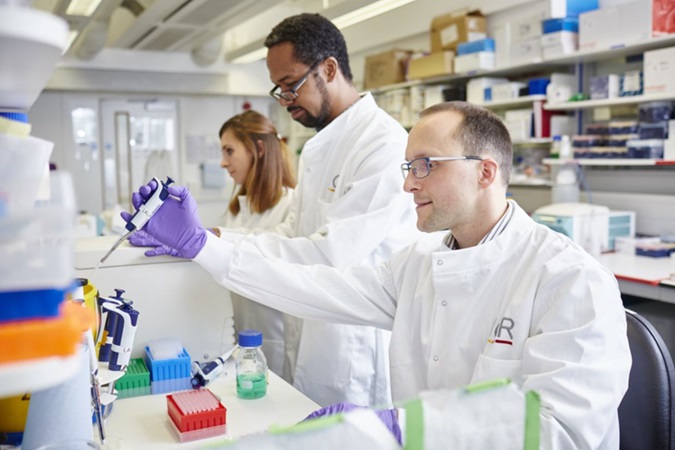
Join us to make new discoveries
As a world-leading cancer research organisation, we are a dynamic and exciting place to work - with excellent facilities and recreational working benefits